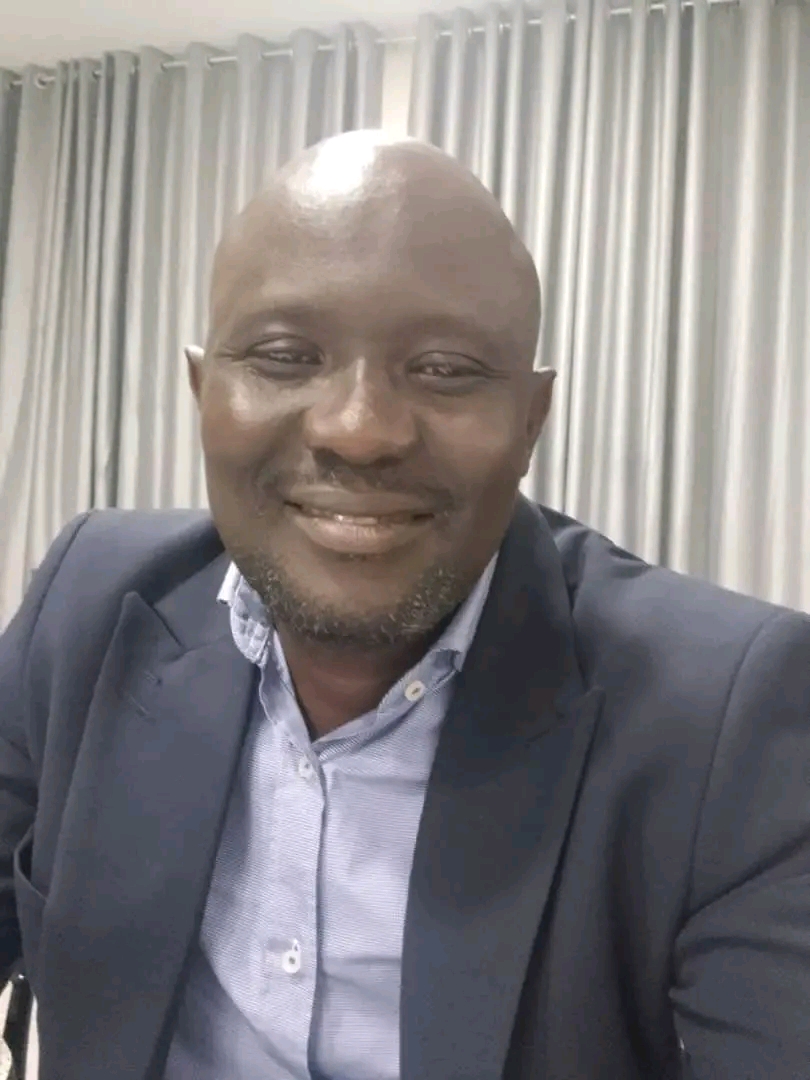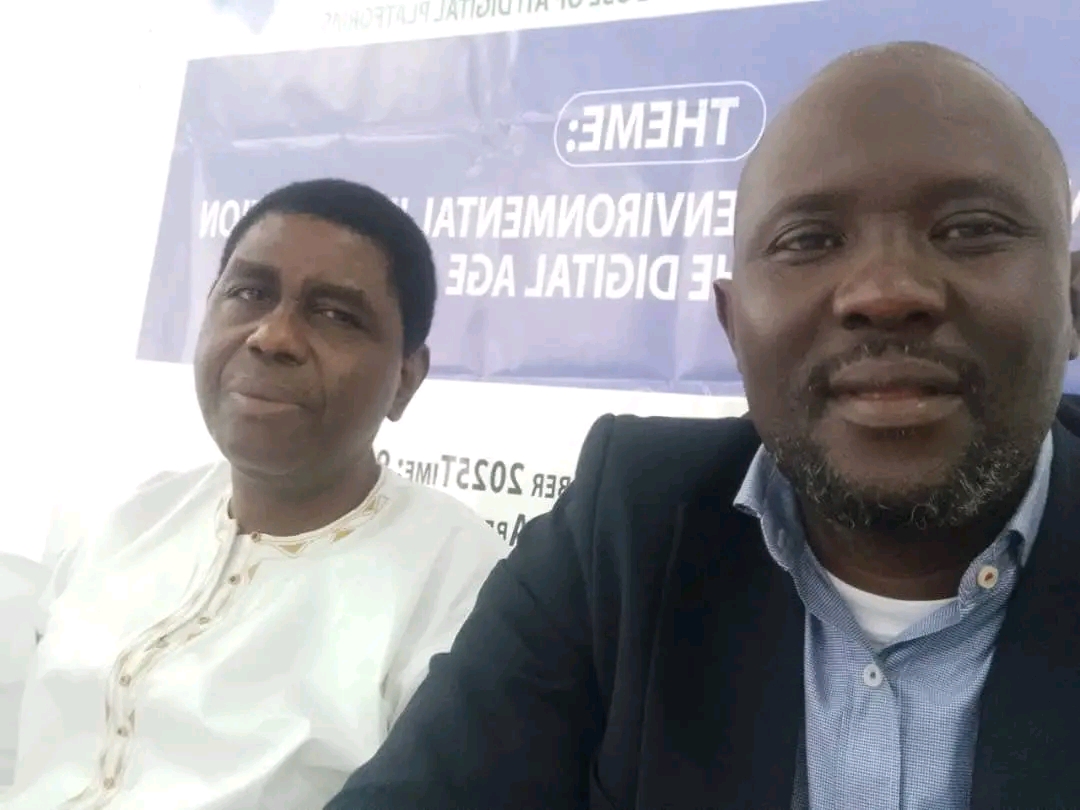Statement by the Secretary General of the Sierra Leone Association of Journalists (SLAJ), Edward Marrah, at the Commemoration of the International Day for Universal Access to Information (IDUAI) at the Family Kingdom Resort, Aberdeen on 25th September 2025

Courtesies…..
On behalf of the President and the entire membership of the Sierra Leone Association of Journalists (SLAJ), I bring you warm greetings, and I am honoured to make this statement as we commemorate the International Day for Universal Access to Information.
This year’s theme, ‘Ensuring Access to Environmental Information in the Digital Age’ is particularly important because access to information is not only a fundamental human right, but also a vital tool for accountability, transparency, and sustainable development.
Sierra Leone continues to grapple with serious environmental challenges: frequent flooding in Freetown that claims lives and destroys property; deforestation and land degradation in the provinces that threaten food security; and coastal erosion and sand mining that are eating away our shorelines and displacing communities. The growing impacts of climate change make these challenges even more urgent. Addressing them requires openness and the proactive sharing of reliable data by government institutions, so that citizens are aware of risks, policies, and interventions that affect their daily lives. Without access to such information, communities cannot prepare, adapt, or hold authorities accountable for protecting the environment and safeguarding lives and livelihoods.
In this context, journalists play a vital role. By using the Right to Access Information Act, journalists can obtain, interpret, and disseminate environmental data, making it accessible and understandable to the wider public. They can also shine a light on harmful practices such as illegal logging, sand mining, and pollution, while amplifying stories of resilience, adaptation, and innovation. In the digital age, the media has even greater power to raise public awareness, mobilise citizen action, and influence policy for climate resilience and sustainable development.

Over the years, SLAJ has built a strong partnership with the Right to Access Information Commission (RAIC). Together, we have advocated for the necessary regulations that would strengthen the Commission with enforcement powers, especially to ensure compliance by Ministries, Departments, and Agencies (MDAs) in proactively disclosing information. We have also collaborated on trainings to deepen journalists’ understanding of the Right to Access Information Act and to encourage the consistent use of this law to access public information that enhances the quality of journalism in Sierra Leone.
However, challenges remain. Journalists often face serious limitations in using the Act due to delay in accessing the information they need, especially form public instituions, while RAIC itself continues to grapple with human and financial constraints. These gaps must be urgently addressed if we are to realise the full potential of the Act and guarantee universal access to information in practice, not just on paper.
As SLAJ, we reaffirm our commitment to working with RAIC and all stakeholders to strengthen the culture of openness in Sierra Leone, to empower journalists to make better use of the Act, and to ensure that the right of access to information remains a living, functional right for every citizen.
We congratulate RAIC on this commemoration and call for renewed commitment from government, development partners, and civil society to support both the Commission and the media in this noble endeavour.
I thank you.
Comments
Post a Comment